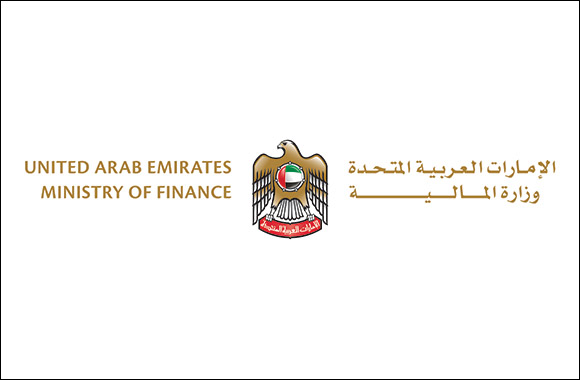The remote work system in the United Arab Emirates has become a safety valve.
As it is contributing to the safety of community members by enabling them to perform their daily work and tasks with ease and convenience.
Due to the weather conditions that the country has witnessed, the UAE is applying the remote work system on a wide scale.
With great efficiency and success in the continuity of business and services at the highest level.
At the same time, distance learning in all schools in the country has contributed to the sustainability of the educational process.

Flexible and Future-oriented System for Remote Work
The United Arab Emirates has succeeded in building a flexible and future-oriented system for remote work.
Moreover, it became a global model to be emulated in terms of efficiency, effectiveness, and high readiness for any circumstances or changes.
Three main reasons stand behind the success of the remote work experiment in the UAE:
- Legislative flexibility.
- The use of modern technology in performance and productivity monitoring processes.
- Readiness of the integrated digital infrastructure.
- Availability of smart e-government services.

Legislation and Regulations
The UAE has prepared itself early for the changes that the world may witness in terms of work methods and systems.
Whether remotely or in person, or in terms of workdays and methods.
It also armed itself in this regard with the strongest and most effective digital systems to remain at the forefront of countries in this field.
The UAE began applying the remote work system in the federal government sector in 2017, through a pilot application in some federal entities.
During the COVID-19 pandemic, Cabinet Decision No. (27) of 2020 was issued regarding the remote work system in the federal government.
Which also allows the application of the remote work system by federal entities in normal and ordinary circumstances as well.
In 2021, the UAE created the first-of-its-kind virtual work residence visa in the region.
Which enables foreigners to enter the country under their personal sponsorship, stay for one year, and practice their virtual job.

Performance and Productivity Monitoring
The remote work guide in the federal government was issued by the Federal Authority for Human Resources.
Moreover, it stressed the need to follow up on the application of remote work.
As well as the document achievements by measuring the productivity of employees who work remotely.
Ensuring the quality and accuracy of outputs, determining timeframes for providing services, implementing tasks and delivering projects.
And committing to applying governance standards and cybersecurity controls when using various technical means in applying the remote work system.
In addition to other controls that the employer deems appropriate in this regard.
$150 million the total value of relief aid directed to those affected by the conflict in #Sudan in addition to the opening of an integrated field hospital in the city of Abéché in #Chad, at a cost of $20 million the second that the #UAE is building in support of Sudanese refugees pic.twitter.com/AjIswGb2ls
— UAE Voice (@uae_voiceeng) April 17, 2024
Advanced Digital Infrastructure
The remote work system in the UAE is based on an advanced digital infrastructure.
That has enabled it to overcome challenges and maintain the continuity of work in all sectors.
As part of its efforts to provide advanced digital services around the clock and anywhere, the UAE government has launched:
- The UAE government services strategy
- The unified digital platform policy
- The digital client policy
- The digital government service
The UAE government provides more than 6,000 federal and local services online, in various sectors and fields related to the daily lives of community members.
Read Also:
7 Emirati Banks Dominate Forbes Middle East’s 2024 Top 30 Banks
Dubai Municipality Expands Recycling Efforts with Smart Centers





